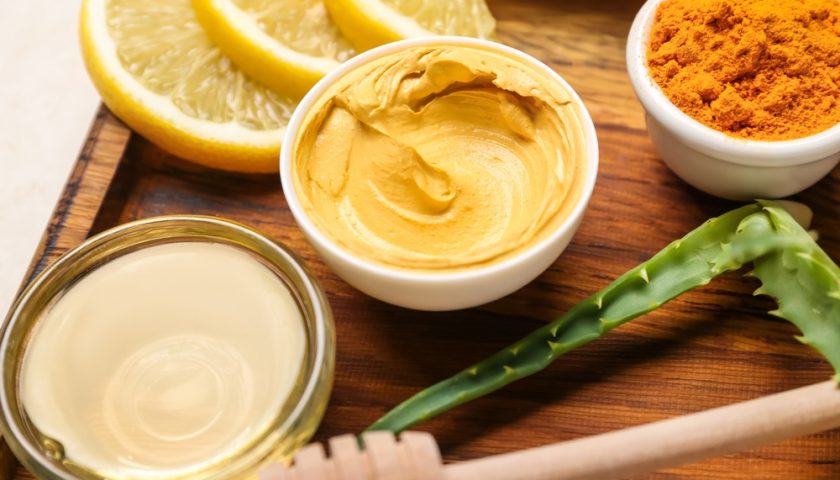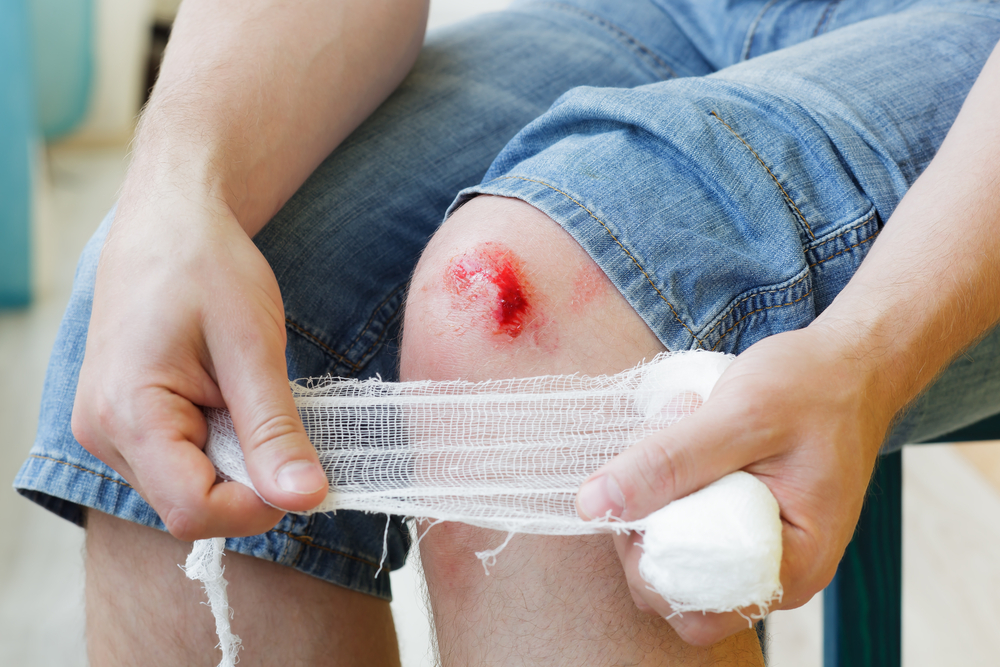A wound is a cut or break in the skin that hurts. Even though most wounds heal on their own over time, there are ways to speed up the healing process.
A wound exposes the body’s internal tissues to the outside world. Cuts blow, and other types of damage are common causes.
A person might be able to treat a small cut or wound at home. However, they should go to the doctor if they have a more serious injury, like broken bones or a lot of bleeding.
If you want to learn more about how to make your wounds heal faster, keep reading.
We want to make sure you know that the methods in this article are only for small cuts and scrapes that people can usually take care of on their own. People who have more serious or deep wounds will need to see a doctor.
Table of Contents
An Open Wound Treatment
People with open wounds should always follow these steps. It’s a good source:
- With soap and clean water, wash your hands.
- Remove jewelry and clothing from around the wound to stop the bleeding.
- In order to clean the wound, use clean water and a saline solution to do so.
- After the bleeding stops, check the wound for foreign objects and dirt if possible.
- Apply antibiotic ointment to the wound to keep it from getting infected.
- Dry the wound with the help of a clean piece of cloth
- A bandage or Band-Aid should be used to close the wound.
5 Ways To Heal Wounds Faster Naturally
People can try these things to help their wounds heal faster such as;
Apply Antibacterial Ointment
Using antibacterial creams over the counter can help keep wounds from getting infected, which can make them more painful and more likely to get worse. They can also help a wound heal faster.
Studies found that antibacterial treatments helped wounds heal faster. That’s not all: The review said that there was a high risk of bias in the findings.
Antibacterial ointments that can be bought over the counter are often used to treat small wounds, but they may not be necessary for some people. A person can use petroleum jelly, which acts as a barrier to keep the wound from getting wet even after they put on a waterproof bandage.
The Mighty Aloe Vera Gel
An aloe vera is a plant in the family of plants called cacti. Vitamins and minerals are found in it that are also very good for you.
Aloe vera has glucomannan, a substance that helps cells grow and makes the body produce collagen. This substance is a protein that helps wounds heal faster. So Overall, there is a lot of evidence that it might help heal wounds from first and second-degree burns. Aloe vera could help keep the skin’s moisture and integrity, as well as ease inflammation and keep ulcers from forming.
Aloe vera gel can be put on the wound to help it heal. They can also cover the wound with a bandage soaked in aloe vera gel to help it heal faster.
The Good Old Honey!
Honey has antioxidant, antibacterial, and anti-inflammatory properties that makes it beneficial for your body and your skin. One that is known to be true When people make traditional wound healing recipes with the substance, they use it for a long time to help the wound get better.
Honey can speed up the healing process of wounds. Also, it says that it cut down on scarring and stopped bacteria from growing in wounds and burns that were just open for a long time. In another study, honey looked like it helped heal partial-thickness wounds better than other treatments.
Using honey for minor and major wounds would need to be done after talking to a doctor or other health care provider about it.

Turmeric Paste
It is a spice made from a plant with the same name. It has curcumin in it, which has antibacterial, antifungal, and anti-inflammatory qualities.
Turmeric can help wounds heal faster. The curcumin in the spice made the growth factors that help the body heal more likely to be made. Curcumin helped speed up the healing of wounds.
Curcumin in turmeric could help make collagen at the site of a wound.
Also, curcumin helped fibroblasts become myofibroblasts, which starts the healing process and makes the wound heal faster. This is why curcumin is good for wounds.
To make a paste, a person can mix turmeric with warm water and stir it together. When they’re done, they can put the paste on the wound and put it on a clean bandage.
If someone wants to use turmeric on a wound, they should only use it on closed, small wounds. An open wound would need medical-grade products and a doctor’s permission to use.
Coconut Oil
Monolaurin, a fatty acid with antimicrobial properties, is found in coconut oil. There are a lot of fatty acids in vegetable oils that are thought to play a big role in healing wounds. A person can put coconut oil on a wound to lessen the chance of getting an infection.
A person can put the coconut oil on a wound to make it less likely to get an infection.
Things You Should Know
Minor open wounds may not need to be treated by a doctor. The wound should be cleaned and dressed with a clean bandage. A bacterial infection could happen if a wound isn’t cleaned well enough.
As soon as the wound is clean, there are a lot of ways to speed it up and make it heal faster. The antibacterial ointments, turmeric, aloe vera, garlic, and coconut oil are some of the things you can use.
A person should get medical help right away if their wound is very big, so they can get better. Stitches may be used by a doctor to close the wound and make sure it is clean.
